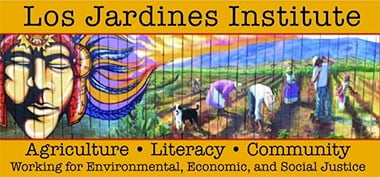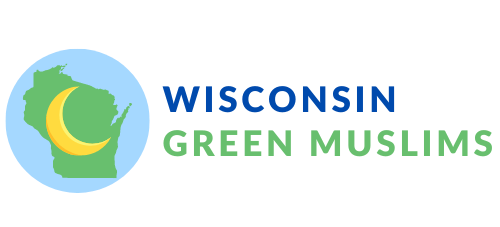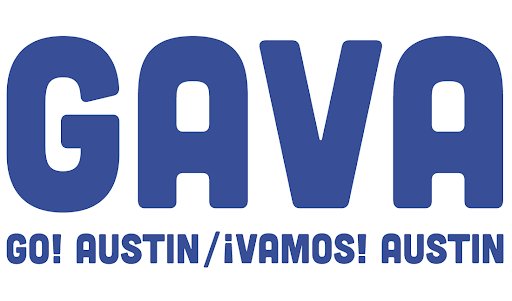The purpose of Los Jardines InstituteTM (The Gardens Institute) is to build and support healthy and sustainable communities and workplaces. It does this by creating opportunities that promote multigenerational learning, sharing and movement building.
Food Justice
Focus Area: Food Justice
Back to Directory

The Tallahassee Food Network, Inc.
The mission of the Tallahassee Food Network, Inc. is to grow community-based food systems that will provide healthy, affordable food for all. TFNI’s vision is an educated world that has access to food that is healthy, green, fair, accessible, and affordable.

North Carolina Environmental Justice Network
North Carolina Environmental Justice Network (NCEJN) is a grassroots, people of color-led coalition of community organizations and their supporters who work with low income communities and people of color on issues of climate, environmental, racial, and social injustice.
https://www.wxii12.com/article/buc-ees-opposition-groups-present-environmental-impact-report/64896668
https://ncnewsline.com/2024/12/09/coalition-demands-excessive-heat-protection-for-laborers/

Land Loss Prevention Project
The Land Loss Prevention Project (LLPP) is a non-profit public interest organization providing comprehensive legal services and technical support to North Carolina’s financially distressed and limited resource farmers and landowners seeking to preserve their farms, homes, land and rural livelihoods. The LLPP protects vulnerable landowners from land loss and environmental degradation through legal representation and outreach statewide and empowers farmers to access business resources including credit in a timely manner.
https://disasterphilanthropy.org/resources/hurricane-florence-land-loss-prevention-project/

Indigenous Environmental Network
The Indigenous Environmental Network (IEN), established in 1990 by Indigenous communities across North America, advances environmental, climate, energy, and food justice through Indigenous-led action, advocating for systemic change, Just Transition, and Indigenous-based Green New Deal policies rooted in self-determination, treaty rights, and the UN Declaration on the Rights of Indigenous Peoples.
https://lptv.org/indigenous-environmental-network-celebrates-roots-shoots-seeds-in-bemidji/

Wisconsin Green Muslims
Wisconsin Green Muslims, a statewide grassroots environmental justice group formed in 2005, intends to educate the Muslim community and the public about the Islamic environmental justice teachings, to apply these teachings in daily life and to contribute to coalitions and collaborations working toward a just, healthy, peaceful and sustainable future.
Wisconsin Green Muslims is a nonprofit program hosted by the Center for Community Stewardship (Fiscal Sponsor), a 501(c)3 nonprofit.

Alaska Community Action on Toxics
The Alaska Community Action on Toxics (ACAT) is a statewide environmental health and justice research and advocacy organization. ACAT believes everyone has a right to clean air and water and toxic-free foods. Driven by a core belief in environmental justice, ACAT empowers communities to eliminate exposure to toxic chemicals through collaborative research, shared science, education, organizing, and advocacy. ACAT works to eliminate the production and release of harmful chemicals by industry and military sources; ensure the public right-to-know; achieve policies based on the precautionary principle; and support the rights of Indigenous peoples.

Go! Austin/Vamos! Austin
Go! Austin/Vamos! Austin uses community organizing to improve equitable access to healthy lifestyles by engaging and developing community leaders who identify, initiate, and lead efforts to reduce barriers to healthy living and increase stability in their neighborhoods and schools. GAVA provides opportunities for residents to engage and take ownership of efforts for their built environment, health promotion, economic development and anti-displacement.